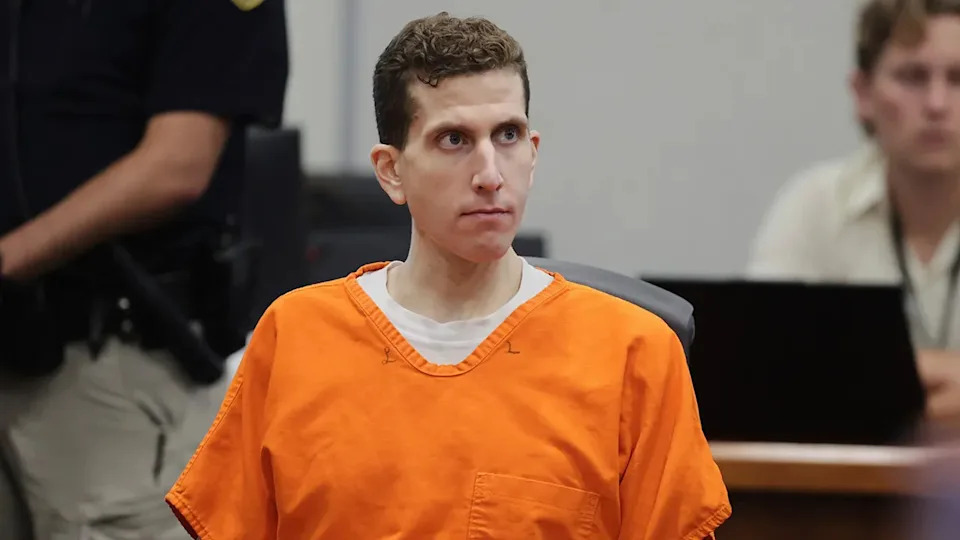
RICHMOND — Virginia will soon need to pay at least an additional $90 million a year in Supplemental Nutrition Assistance Program (SNAP) costs. If it wants to establish state Affordable Care Act premium tax credits, it would need to spend $270 million a year. And complying with new Medicaid requirements will require additional investment to agencies like the Department of Medical Assistance Services.
That’s according to presentations given to the Emergency Committee on the Impacts of Federal Workforce and Funding Reductions Thursday. The committee, convened by House Speaker Don Scott at the end of this year’s legislative session, met for the fifth time to hear from experts on the impact of federal cuts on the commonwealth.
Legislative fiscal analysts David Reynolds and Kim McKay told legislators that with the passage of the One Big Beautiful Bill Act, they had a better sense of what federal cuts would mean for Virginia, but there are still unknowns. For example, Virginia’s unemployment data does not yet take into account federal employees who took buyouts and are still getting paid. Those cases are expected to show up in the unemployment numbers come October.
“Virginia’s unemployment rate is worsening, rising to 3.5% in June from 3% in January,” McKay said.
That’s still below the national average, but it’s expected to climb.
“Layoffs of civilian workers by the Department of Defense poses a significant threat to Virginia with an estimate of a thousand Virginia workers already impacted, and with another 5,700 workers likely to follow,” McKay said. “You have another 2,114 Virginians filing for unemployment insurance from the top 100 federal contractors in the state.”
McKay said the scope of federal grant cancellations and recissions is still largely unknown. Examples of the effects of grant cancellations include the slashing of flood mitigation programs in Hampton Roads. Thursday’s presentations also highlighted cuts to the Supplemental Nutrition Assistance Program (SNAP), Medicaid and higher education.
SNAP
The most substantial change to SNAP, according to Reynolds, is a new state matching requirement based on the state’s payment error rate. If Virginia’s error rate stays the same, that would mean the state would be responsible for $270 million per year at the current 15% match rate beginning in fiscal 2028.
Related Articles
“Budget action will be required no later than the 2027 General Assembly session in order to reflect these increased costs,” Reynolds said.
The General Assembly will also likely discuss investments in systems and personnel to bring the error rate down, which will require additional funding.
The state will also shift to shouldering 75% of the administrative cost of SNAP, compared to current 50% share of the burden, beginning in fiscal 2027.
“This is an unavoidable expense, so this will begin costing the state $90 million a year for beginning in the next fiscal year,” Reynolds said.
The Congressional Budget Office estimates that some 2.4 million Americans will lose access to SNAP as a result of changes to the program like work requirements and some lawful residents who are not citizens becoming ineligible.
Health care
Medicaid changes include eligibility redeterminations for the expansion population every six months instead of every year. That will mean more work for the Department of Medical Assistance Services and local departments of Social Services. And people who have Medicaid through expansion will be subject to work requirements, beginning at the end of 2026.
Thursday’s presentation also highlighted the reduction in the hospital assessment from 6% to 3.5% in 2032. That tax currently funds both Medicaid expansion at about $650 million a year and raises Medicaid reimbursements for hospital services by about $1 billion a year.
“The good news is that these changes won’t affect Virginia’s ability to fund its Medicaid expansion program,” Reynolds said. “However, these changes will reduce hospital revenues, which will be especially challenging for facilities currently operating at a loss.”
Absent from the OBBBA legislation were the premium health tax credit and the enhanced premium health tax credits for Affordable Care Act plans, which are set to expire in December of this year.
“Many families will see their premiums rise, and it’s likely for some, premiums will be unaffordable,” Reynolds said.
If Virginia were to establish its own state taxpayer credit program, it would cost at least $250 million a year, he said.
Higher education
The committee also heard about changes to higher education, including reductions in Pell Grant eligibility, caps on student borrowing and the elimination of the Grad PLUS program, which allows graduate and professional students to borrow up to their full tuition costs.
Additionally, beginning in the 2028-2029 academic year, programs whose graduates are not earning at least the median income four years after graduation are at risk of losing access to the Federal Direct Loan program. In Virginia, if the provision took effect today, 39% of associate programs and 16% of bachelor’s programs would be at risk.
Kate Seltzer, 757-713-7881, [email protected]







Comments